
Aquafeeds
New Oregon fishmeal facility embraces circular economy by upcycling fish trimmings
Taking a circular economy approach, a new Scoular fishmeal processing facility will upcycle local fish trimmings into aquafeed.
Fisheries
In a first, a fishery and its associated fishmeal and fish oil production sites earn MarinTrust certification via its improver program.

Aquafeeds
Taking a circular economy approach, a new Scoular fishmeal processing facility will upcycle local fish trimmings into aquafeed.
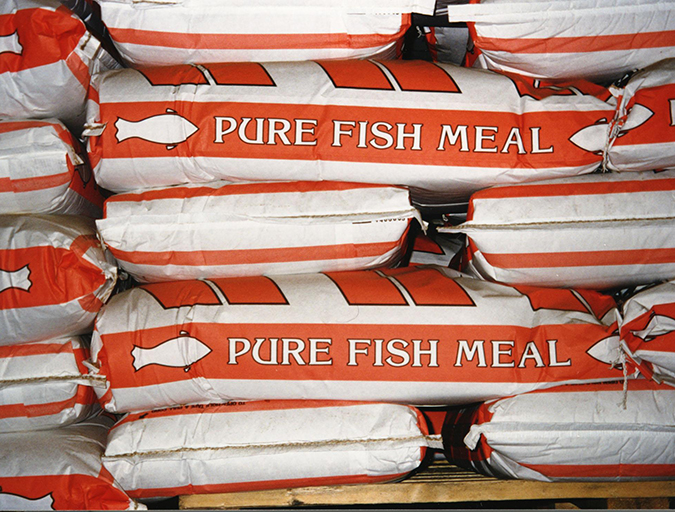
Aquafeeds
Deakin University study finds that just 3% of fishmeal and fish oil in farmed salmon diets could allow the industry to grow for the rest of this century.
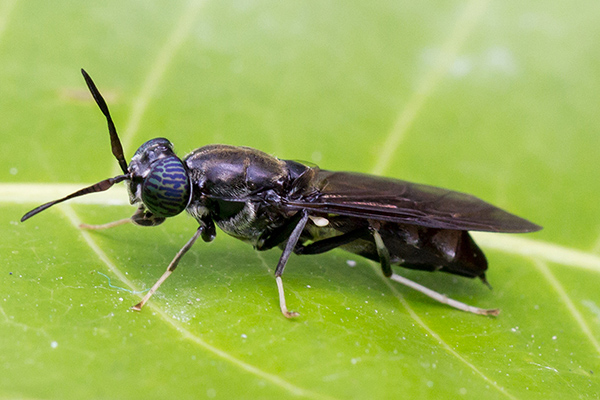
Aquafeeds
Results indicate it is feasible to achieve high levels of substitution of fishmeal with black soldier fly meal without risking a negative impact.
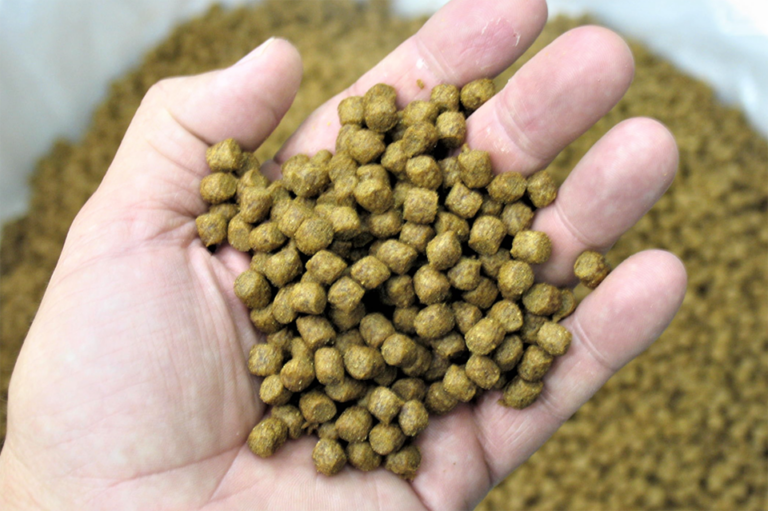
Aquafeeds
University of Stirling researchers say fed aquaculture efficiently utilizes traditional marine feed ingredients, refuting a recent published study.
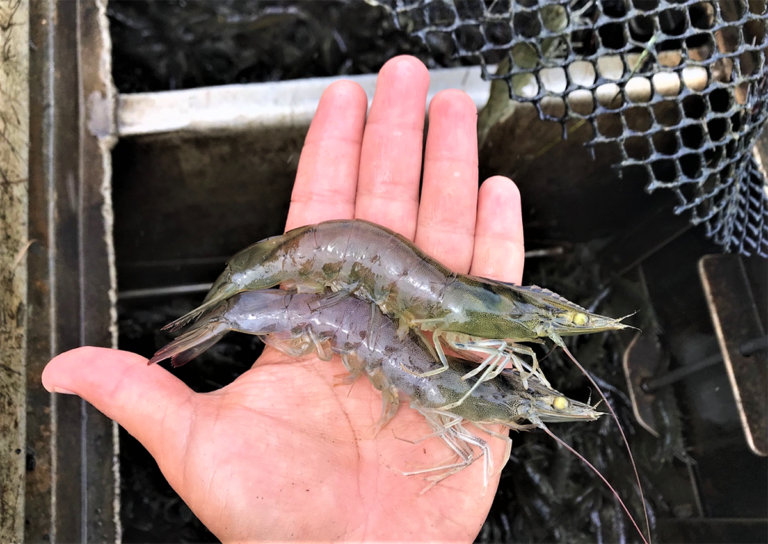
Aquafeeds
An evaluation of commercial feeds finds them adequate to achieve acceptable shrimp growth in outdoor production conditions regardless of protein source.
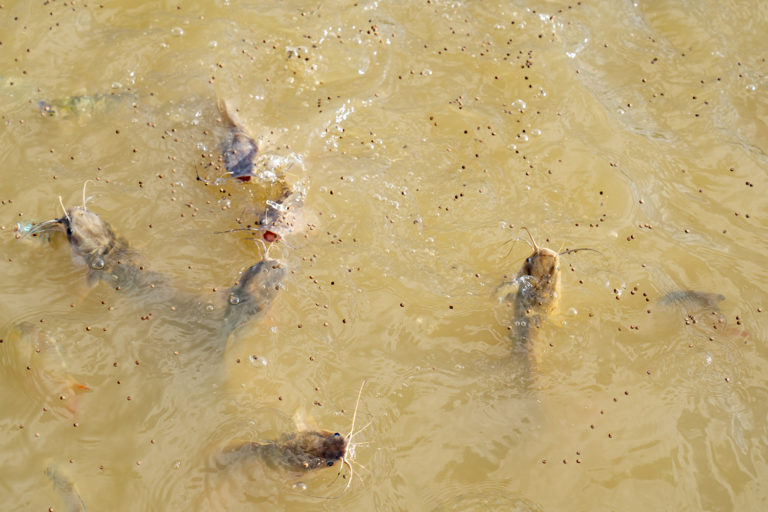
Aquafeeds
The warning about microplastics pollution is finding its way to aquaculture, as a new study finds contaminated samples of fishmeal, a prominent aquafeeds ingredient.
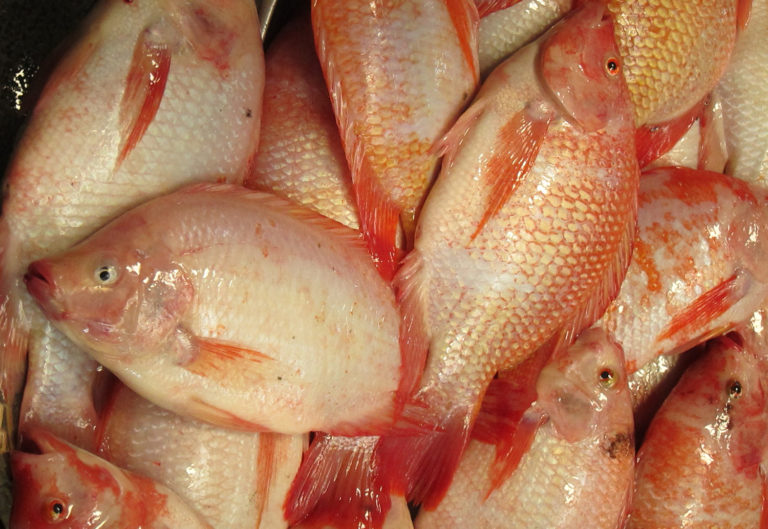
Aquafeeds
Nutritional study with Nile tilapia compared three microalgal diets to a reference diet containing fishmeal and fish oil levels found in commercial feed.
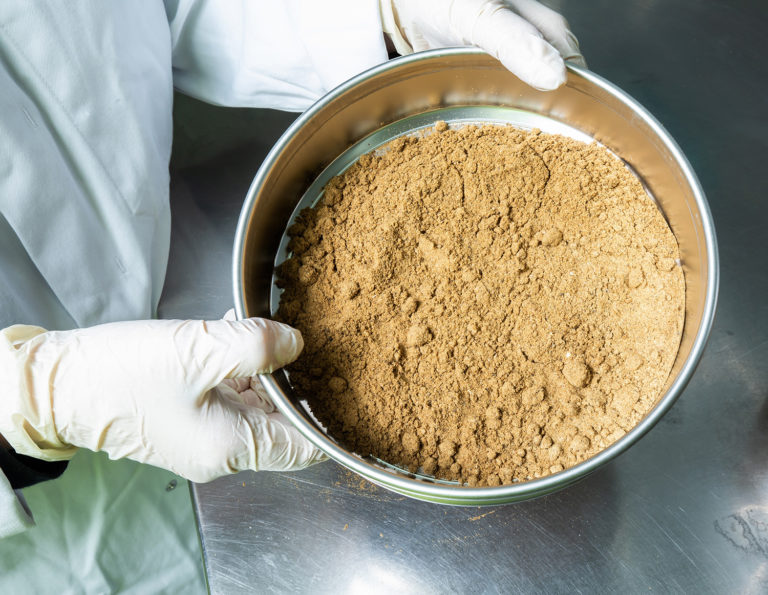
Aquafeeds
IFFO Director General Petter M. Johannessen says fishmeal and fish oil offer unmatched nutrition and benefits to fuel aquaculture’s growth trajectory.
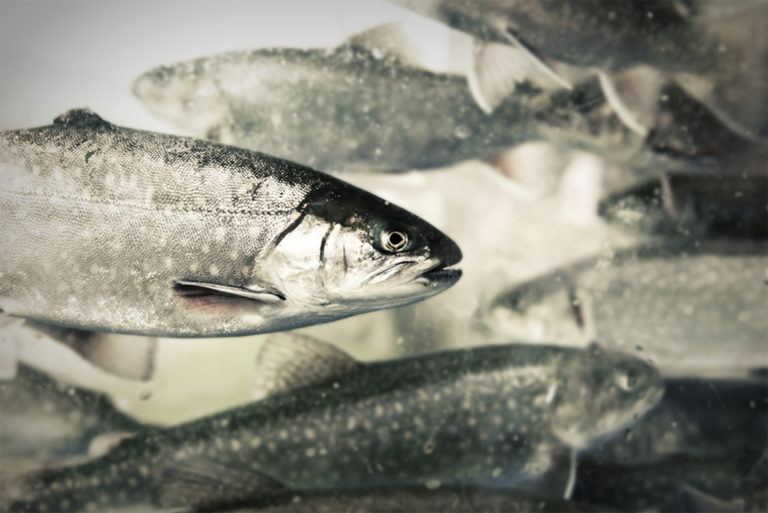
Aquafeeds
Kevin Fitzsimmons, leader of the F3 (fish-free feed) Challenge, says aquaculture may currently depend on fishmeal and fish oil, but farmed fish do not.
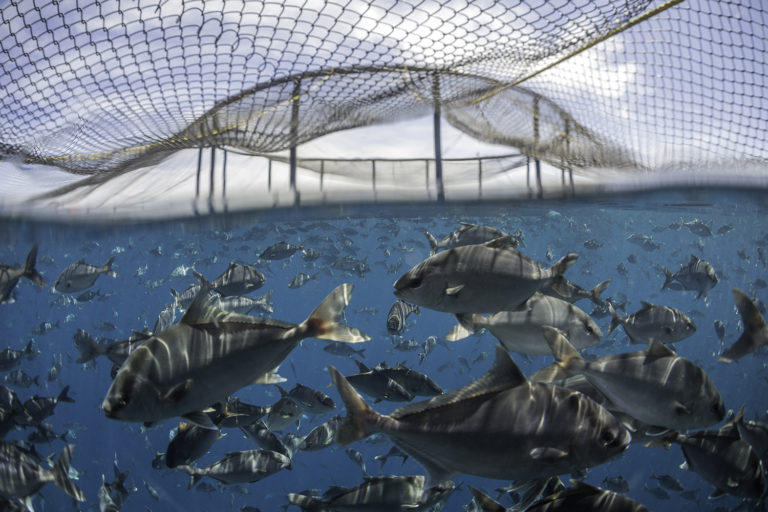
Aquafeeds
An evaluation of experimental juvenile kampachi (Seriola rivoliana) diets – with zero fishmeal or fish oil – finds significant potential.
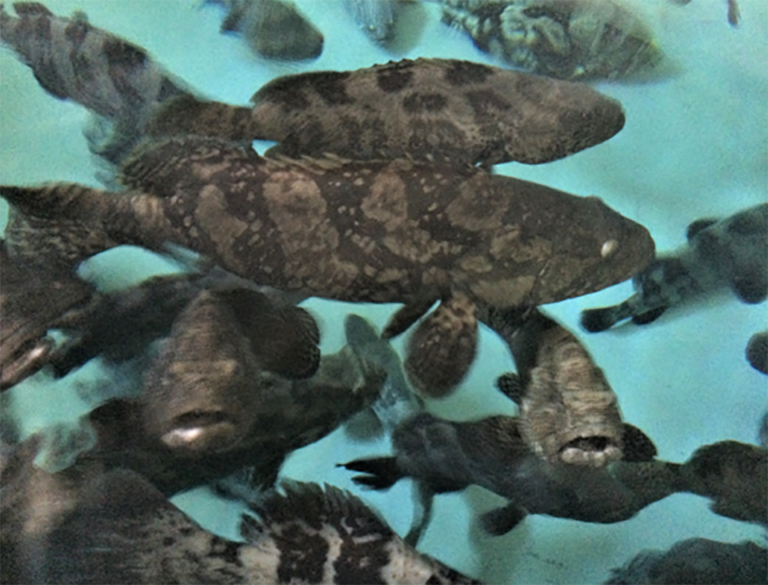
Aquafeeds
Evaluation of partial replacement of fishmeal with soy protein concentrate in diets for pearl gentian grouper, a hybrid of giant grouper and tiger grouper.
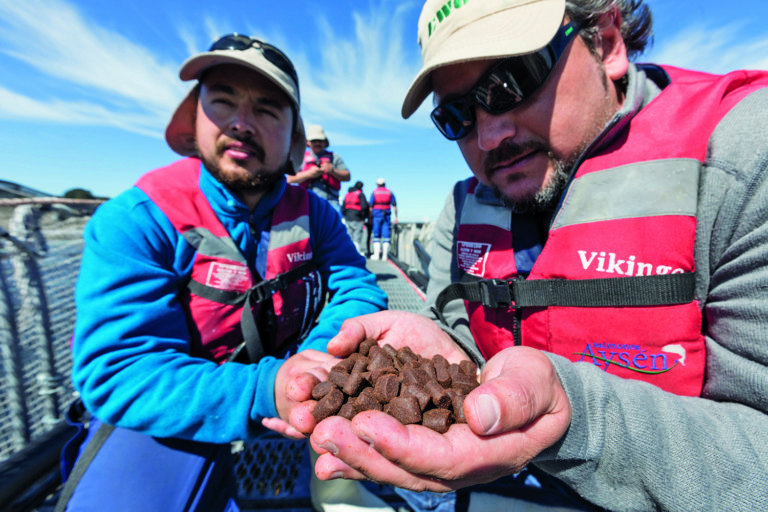
Aquafeeds
Use of fish trimmings and byproducts in fishmeal and fish oil is a win for aquaculture. But challenges loom, including logistics and economics.
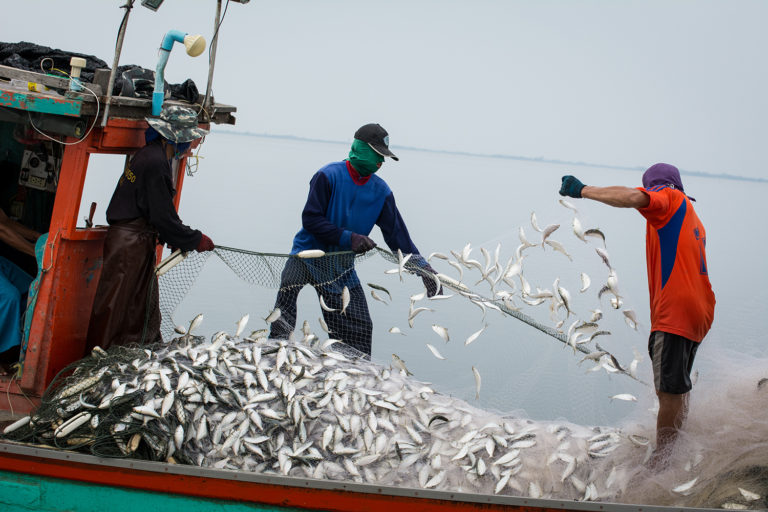
Aquafeeds
Fisheries improvements projects (FIPs) are an important mechanism for bettering South East Asian fisheries that supply into the aquafeed industry, a new report finds.
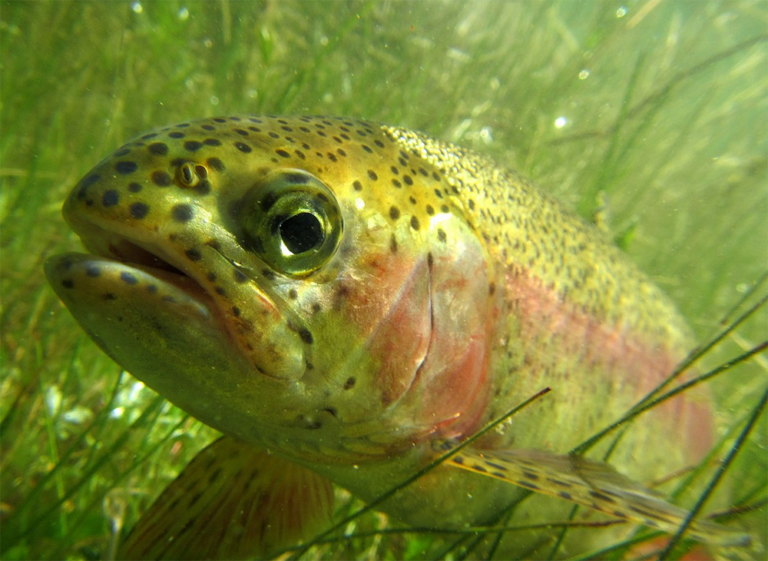
Aquafeeds
This study evaluated the effects of replacing fishmeal and fish oil with a plant-based diet in juvenile and on-growing rainbow trout from first-feeding.
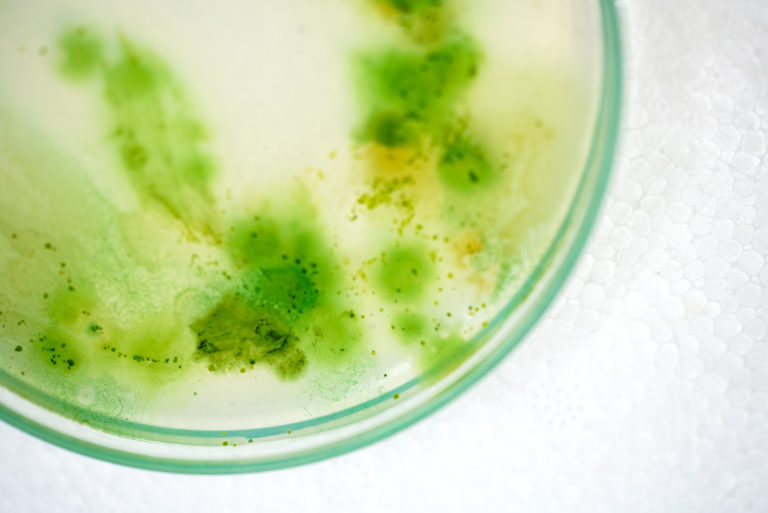
Aquafeeds
How can the interesting and valuable research on alternate feed ingredients get from the laboratory bench to consumers’ bellies through market mechanisms?